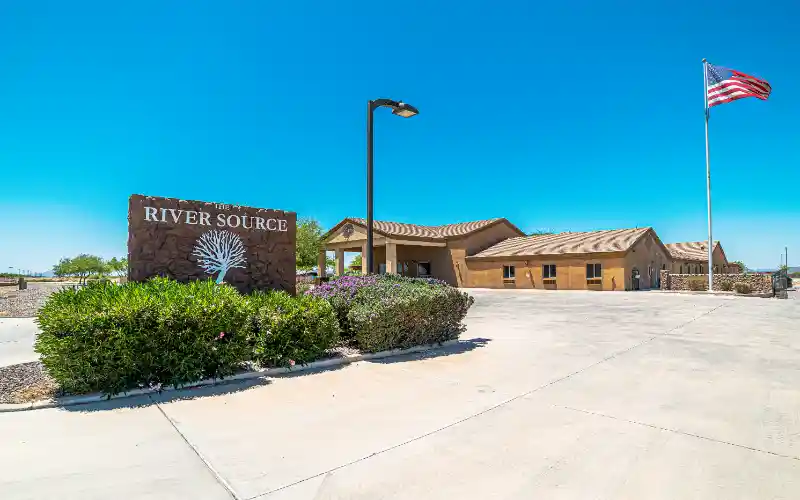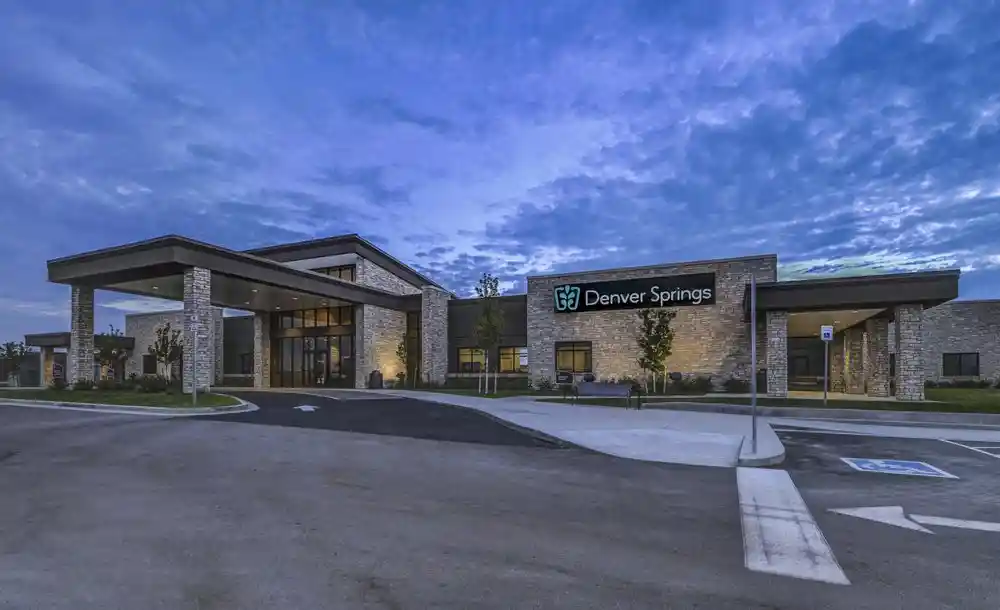









Trauma encompasses a range of experiences that cause severe emotional pain and stress. It typically falls into three main categories:
Acute Trauma: This results from a single distressing event, often leaving the victim in shock. Acute trauma can stem from experiences like accidents, natural disasters, or violent attacks.
Chronic Trauma: Chronic trauma occurs when an individual experiences prolonged periods of stress and pain, often due to long-term abuse, neglect, or exposure to combat or similar threatening situations.
Complex Trauma: This form of trauma arises from exposure to varied and multiple traumatic events, often of an invasive and interpersonal nature. Complex trauma often leads to more intricate and deep-seated emotional and psychological issues.
The psychological ramifications of trauma are significant and multifaceted. Victims often struggle with anxiety, depression, and post-traumatic stress disorder (PTSD). Trauma disrupts the individual’s sense of safety and stability, leading to feelings of helplessness and vulnerability. It’s common for trauma victims to experience sleep disturbances, concentration problems, and a heightened state of alertness or “hypervigilance”.
Recognizing trauma symptoms is crucial for timely intervention and support. While responses to trauma vary, common signs include:
Emotional Symptoms: Overwhelming fear, anxiety, sadness, and anger are common emotional reactions. Victims may also struggle with guilt, shame, and feelings of isolation and disconnection.
Physical Symptoms: Trauma can manifest physically through headaches, nausea, fatigue, and changes in appetite and sleep patterns.
Behavioral Symptoms: Victims may engage in avoidance behavior, distancing themselves from others, and losing interest in previously enjoyed activities. Some may turn to substance abuse as a coping mechanism.
Cognitive Symptoms: Trauma affects thinking processes, leading to confusion, difficulty concentrating, and memory problems.
Establishing a Safe Environment: For individuals dealing with trauma, feeling safe is paramount. Trauma-specific therapy prioritizes creating a secure, confidential, and non-judgmental space where clients can feel comfortable sharing their experiences.
Building Trust: Developing a trusting relationship between the therapist and the client is a foundational aspect of trauma therapy. Trust fosters open communication and encourages clients to engage actively in the therapeutic process.
Client Autonomy: Empowerment in trauma-specific therapy means that clients have control over their healing journey. Therapists guide and support, but it’s essential that clients make decisions that they feel are best for them.
Strength-Based Approach: This principle focuses on the client’s strengths and resources rather than their weaknesses. Acknowledging and building upon the individual’s inherent resilience and capabilities fosters a sense of empowerment and self-efficacy.
Personalized Therapy Plans: Given that trauma affects individuals differently, therapy must be customized to address the unique needs and goals of each client. Therapists develop treatment plans that consider the specific type and impact of trauma experienced, as well as the client’s personal history and life circumstances.
Flexible Therapy Modalities: Trauma-specific therapists are often trained in various therapeutic approaches and select those that will be most beneficial for the individual client. This flexibility allows for a more nuanced and effective therapeutic process.
Understanding Trauma’s Impact: Therapists practicing trauma-specific therapy have a deep understanding of how trauma affects the mind and body. This knowledge informs their approach, making therapy more sensitive and effective.
Avoiding Retraumatization: Trauma-informed care means conducting therapy in a way that avoids triggering or retraumatizing the client. Therapists approach trauma gently, recognizing that discussing traumatic experiences can be painful and difficult for clients.
Collaborative Relationship
Working Together: Therapy isn’t a passive process for the client. It requires active collaboration between the therapist and the client to explore issues, set goals, and implement strategies for healing and recovery.
Mutual Respect: A collaborative therapeutic relationship is built on mutual respect and acknowledgment of the client’s autonomy, experiences, and insights.
Overcoming Painful Memories: Trauma-specific therapy helps individuals process and cope with painful memories associated with traumatic experiences. It aids in diminishing the power these memories hold, allowing clients to reclaim their lives.
Resolving Emotional Conflicts: Therapy helps in addressing and resolving emotional conflicts and disturbances that have resulted from trauma, fostering emotional healing and stability.
Regaining Control
Empowerment: Individuals often feel helpless and out of control following traumatic events. Trauma-specific therapy empowers clients, helping them regain a sense of control and autonomy over their lives.
Building Self-Efficacy: Therapy enhances confidence in one’s ability to handle challenges and stressors, fostering a stronger and more resilient self-image.
Improving Quality of Life
Enhanced Daily Functioning: Through addressing trauma-induced anxiety, depression, and stress, individuals often experience improved daily functioning, finding it easier to navigate work, relationships, and leisure activities.
Restoration of Hope: Trauma can lead to feelings of hopelessness. Engaging in trauma-specific therapy can restore hope and optimism, opening paths to a brighter and more fulfilling future.
Learning Stress Management Techniques: Therapy introduces clients to effective stress and anxiety management techniques, equipping them with tools to handle future challenges more effectively.
Mastering Emotional Regulation: Emotional dysregulation is common after trauma. Through therapy, clients learn how to understand and regulate their emotions better, leading to more stable and balanced emotional lives.
Enhancing Relationships
Improving Communication Skills: Trauma can hinder effective communication. Therapy helps clients develop and enhance their communication skills, improving relationships with family, friends, and colleagues.
Building Healthy Boundaries: Learning to set and respect boundaries is a crucial component of healthy relationships, and therapy often focuses on helping clients establish boundaries that protect their emotional wellbeing.
Self-Reflection and Awareness: Therapy fosters deep self-reflection, allowing clients to gain insights into their behavior, emotions, and reactions. This awareness is pivotal for personal growth and healing.
Understanding Trauma’s Effects: Knowledge is power. Understanding how trauma has affected their lives empowers individuals to approach their healing journey with more clarity and purpose.
The duration of trauma-specific therapy varies for each individual, depending on the nature and extent of the trauma, as well as personal healing pace. Therapy could last from a few weeks to several months or even years for more complex trauma cases. Consistency in attending sessions is crucial for effective healing.
Trauma-specific therapy is designed for individuals who have experienced trauma and are struggling with its aftermath. However, the suitability of this therapy depends on individual needs, readiness to engage in the therapeutic process, and the specific type of trauma experienced. Consulting a healthcare or mental health professional for personalized advice is recommended.
Engaging with traumatic memories and emotions can be challenging. If therapy becomes difficult, therapists are trained to navigate these sensitive areas gently and supportively. Clients are encouraged to communicate openly about their discomfort, and therapists may adjust their approaches or pace to accommodate the client’s needs.
Yes, there are group therapy options available for trauma survivors. Group therapy can offer a supportive community of individuals who have had similar experiences. The choice between individual and group therapy depends on personal comfort levels, specific therapeutic needs, and preferences.
Absolutely. Many individuals benefit from a combination of therapeutic approaches. Engaging in different types of therapy can provide a well-rounded and multifaceted approach to healing. It’s crucial to discuss any additional therapies with your primary therapist to ensure that they complement each other effectively.
Ending therapy is usually a collaborative decision made by the client and therapist. Typically, it occurs when the client has met their therapeutic goals, developed adequate coping mechanisms, and can function well in their daily life. Periodic follow-up sessions might also be recommended as part of the aftercare plan.
Are you ready to turn the page and start a new chapter free from the shackles of trauma and distress? Research It’s Time For Rehab’s directory today to find trauma-specific therapists near you or across the United States and abroad.